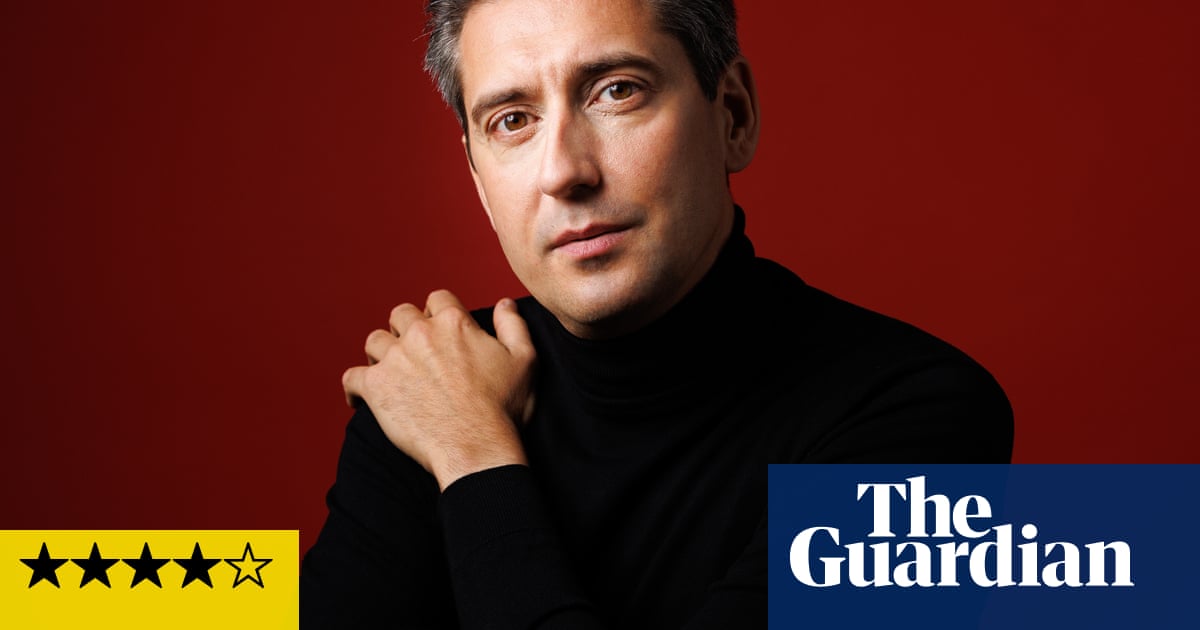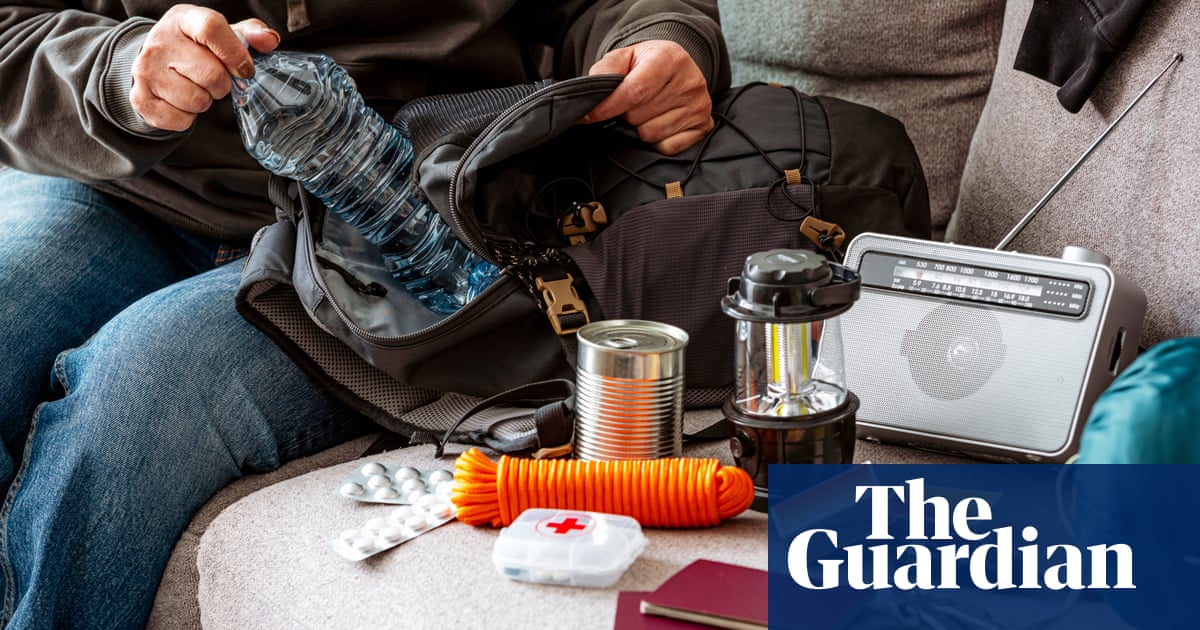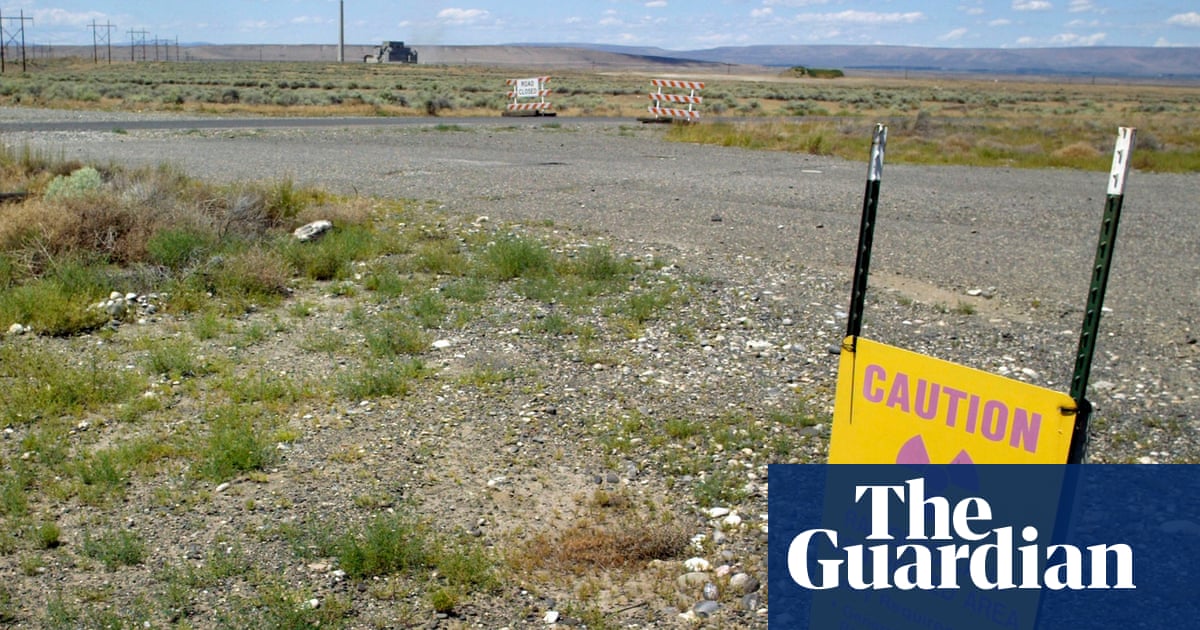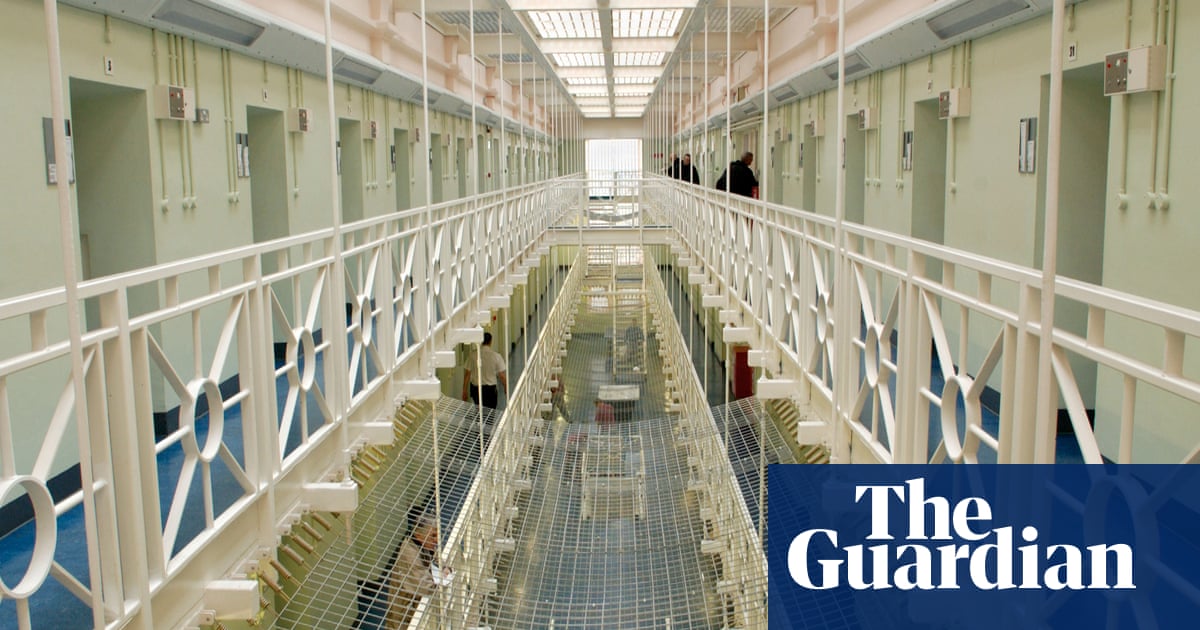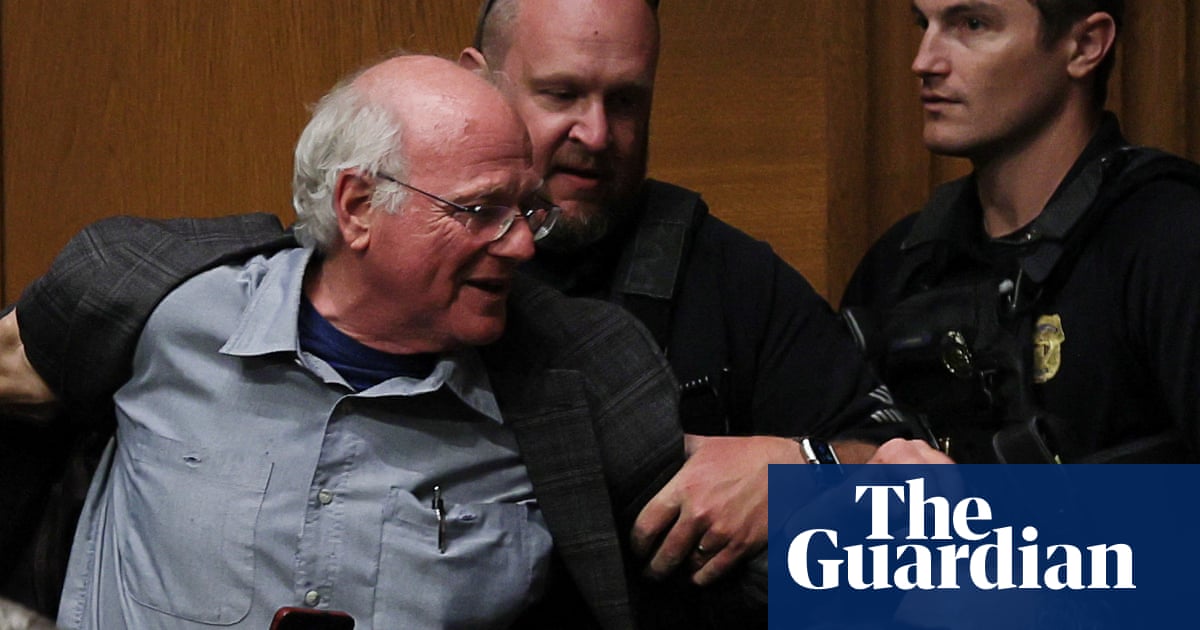Bosses of hospitals with long waiting times or that overspend their budget will be denied pay rises in a tough new drive by Wes Streeting to improve the NHS’s performance.
Senior executives in England’s 215 NHS trusts and 42 integrated care boards will also receive bonuses for cutting waiting lists under plans the health secretary has unveiled.
Streeting insisted the “carrot and stick” performance management regime would lead to the health service adopting tactics already widely used in business to incentivise better performance.
But NHS organisations warned that withholding pay could backfire, be seen as “punishing” NHS leaders and deter talented bosses from working in trusts facing major challenges.
The “very senior managers (VSMs) pay framework” will apply to thousands of chief executives but also to deputy chief executives, chief operations officers, chief financial officers and other top-level roles.
Under it, the chief executive of a trust that does badly operationally or financially will no longer receive their annual salary uplift, which last year gave VSMs up to an extra £15,000.
But it would also give bosses who push through major improvements to their trust’s performance, under either measure, bonuses of up to £30,000 as a reward for making substantial progress.
Chief executives who take over a struggling trust could also be given a £45,000 payment for doing so.
“Some of the best businesses and most effective organisations across Britain and the world reward their top talent so they can keep on delivering. There’s no reason why we shouldn’t do the same in our NHS,” said Streeting.
“We will reward leaders who are cutting waiting times and making sure patients get better services. But bonuses and pay rises will be a reward and not a right.”
He hopes the move will tackle the “postcode lottery” in the quality of care across the NHS and deliver shorter waiting times.
But Matthew Taylor, the chief executive of the NHS Confederation, warned that using VSM pay in this way could unfairly penalise bosses whose trust’s performance is dictated by events outside their control.
“While we understand there should not be rewards for failure, we are concerned that some of the measures could be seen as punishing NHS leaders,” he said.
“The challenges facing NHS organisations can sometimes be due to historic or systemic issues rather than poor leadership.”
Managers in Partnership (MiP), which represents many VSMs, said cuts to trust workforce numbers initiated by the new NHS England boss, Sir Jim Mackey, as part of a “reset” of the service’s finances would make it “very difficult” for local leaders to deliver good performance.
“Most provider trusts are taking very hard decisions about services and clinical posts, all of which are going to affect care quality. The reset also requires trusts to take out large numbers of management and system jobs, which will weaken management grip, at least in the short term,” said Jon Restell, MiP’s chief executive.
after newsletter promotion
Meanwhile a record 16,644 people in England – 320 a week – died last year after waiting at least 12 hours in overcrowded A&E units before being admitted to a bed, the latest figures show.
That was 2,745 more than the 13,919 who did so the year before, according to an analysis by the Royal College of Emergency Medicine (RCEM), which represents A&E doctors.
The 16,644 “excess deaths” occurred among patients who spent 12 hours in A&E before getting a bed in a specialist ward of the hospital and then died within 30 days of their arrival.
“It’s heartbreaking that the number of people losing their lives directly related to long stays in A&E is rising, not falling. It’s a source of national shame that we are going backwards on this and not forwards,” said Dr Adrian Boyle, the RCEM president.
Labour MP and former shadow health minister Rosena Allin-Khan, who is also an A&E doctor, said: “The situation in emergency departments across the country has been dire. We have all had to treat patients in corridors and cupboards and the indignity of it is scarring.
“Staff often put on a brave face, trying their best to make people comfortable, but it takes its toll on everyone involved. That is why I am pleased the government are committed to bringing down waiting lists.”
The MP has helped set up a new all-party parliamentary group on emergency care, involving MPs and peers from different parties, which launches on Thursday at Westminster.

 9 hours ago
9
9 hours ago
9



